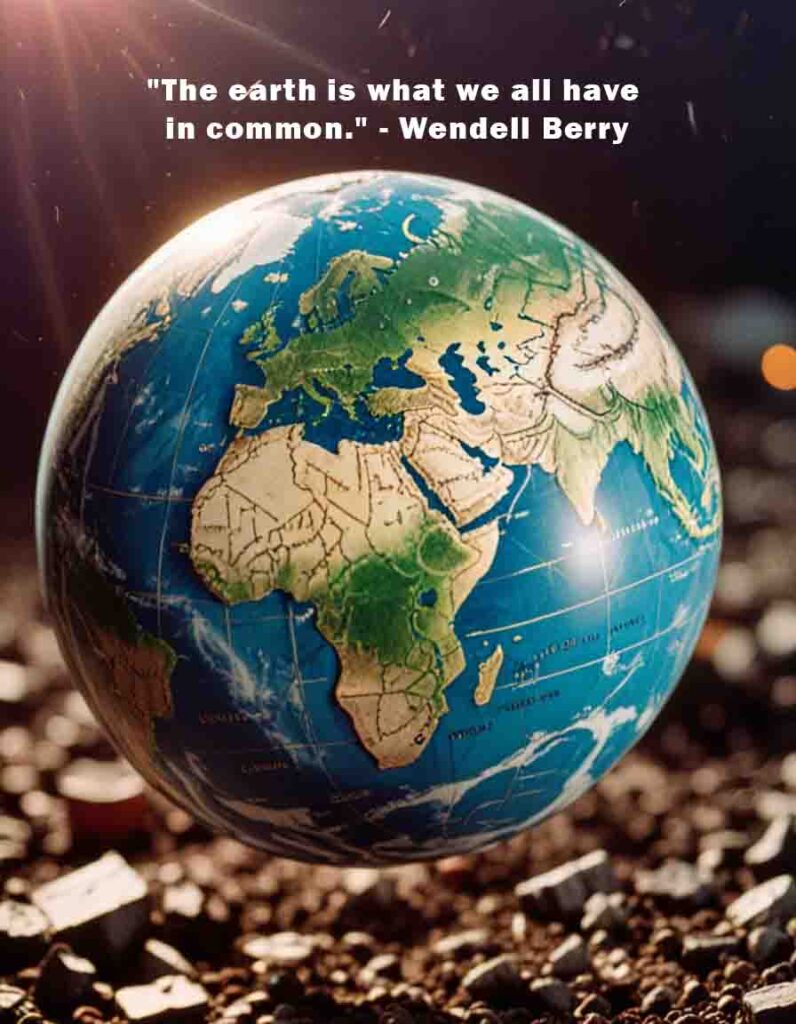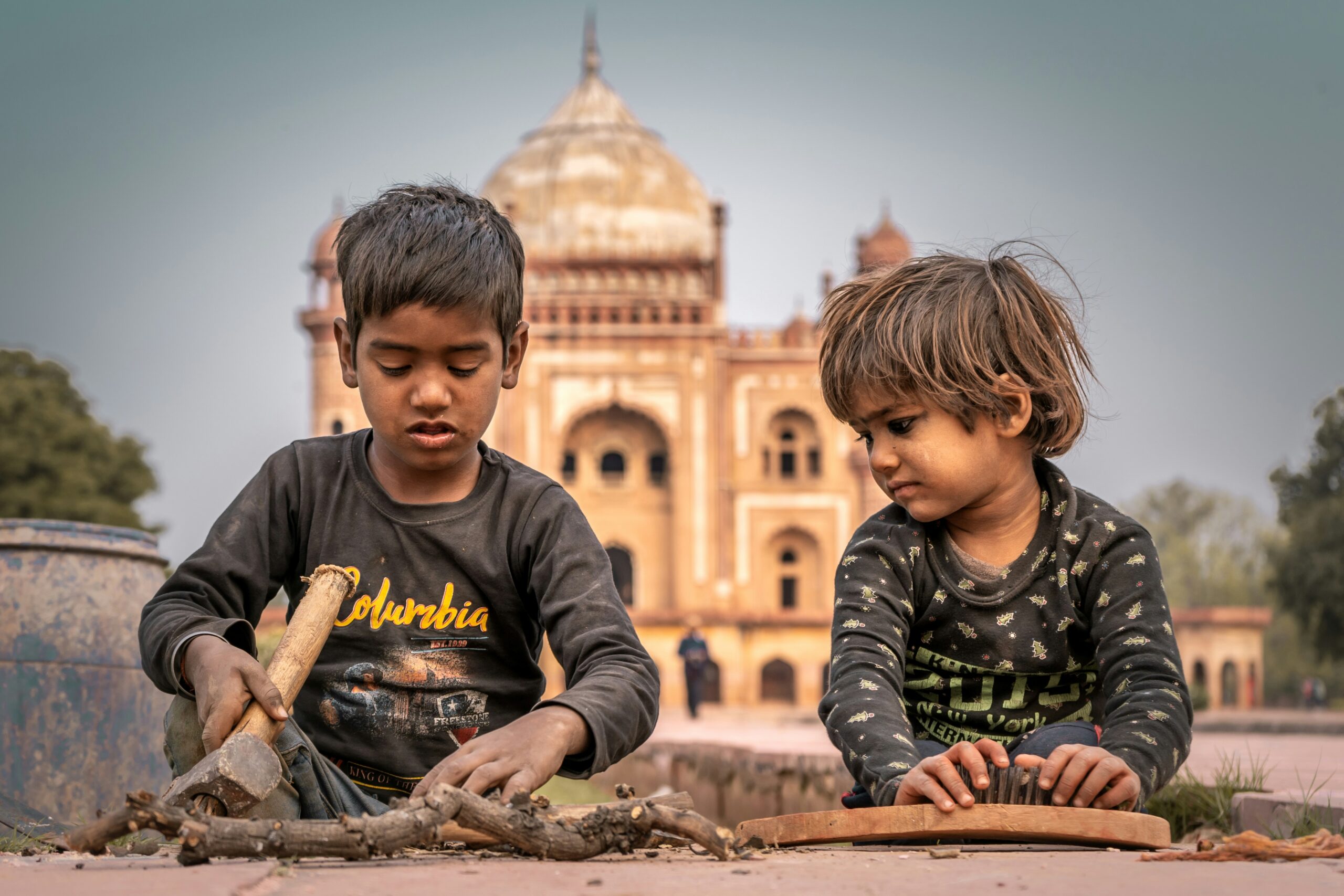Introduction to World Population Day
World Population Day, observed annually on July 11th, was established by the United Nations in 1989. The day was inspired by the public interest that followed the “Day of Five Billion,” marked on July 11, 1987. Its core objective is to raise awareness about pressing global population issues and to underscore the necessity of sustainable development. The significance of World Population Day lies in its role in fostering discussions and actions that address the challenges posed by a growing global population.
Each year, World Population Day serves as a reminder to reflect on population trends and their far-reaching impacts. These trends influence various facets of life, including environmental sustainability, economic stability, and social dynamics. By recognizing these patterns, we can better understand the need for balanced growth and equitable resource distribution to ensure the well-being of current and future generations.
The theme for this year’s World Population Day centers on building a sustainable future for all. This focus emphasizes the importance of adopting measures that promote population sustainability, such as family planning, education, and empowerment. By empowering individuals with knowledge and resources, we can foster a world where everyone has the opportunity to make informed choices regarding their health and well-being.
This day also highlights the interconnectedness of world citizenry. As global citizens, it is our collective responsibility to work towards a balanced and sustainable future. Recognizing the impact of population growth on the environment, economy, and social structures prompts us to take proactive steps in addressing these challenges. Inspirational quotes and messages shared on this day serve as a catalyst for change, motivating individuals and communities to contribute to a more sustainable world.

Empowering Quotes for Sustainable Future
“The greatest threat to our planet is the belief that someone else will save it.” – Robert Swan
This quote by Robert Swan underscores the critical notion of individual responsibility. It reminds us that each citizen of the world has a role in safeguarding the environment, advocating for sustainable practices, and ensuring a balanced future.
To achieve sustainable development, we must shift our focus from economic growth to human well-being.” – Vandana Shiva
Vandana Shiva’s words highlight the necessity of prioritizing human well-being over mere economic metrics. This perspective is essential for fostering a sustainable future where prosperity is measured not just by financial gains but by the health and happiness of the global community.
“Education is the most powerful weapon which you can use to change the world.” – Nelson Mandela
Nelson Mandela’s timeless assertion emphasizes the transformative power of education. By educating individuals, we empower them to make informed choices, promote family planning, and advocate for sustainable practices, leading to a more balanced and equitable world.
“The earth is what we all have in common.” – Wendell Berry
Wendell Berry’s quote serves as a reminder of our collective responsibility towards the planet. On World Population Day, it’s a call to action for global citizens to work together in preserving our shared environment.
“Sustainability is not a goal to be reached but a way of thinking, a way of being, a principle we must be guided by.” – Paul Hawken
Paul Hawken’s insight into sustainability as a guiding principle rather than a distant goal encourages continuous efforts in family planning, education, and empowerment to maintain a harmonious balance with nature.
“Empowerment is the degree of autonomy and self-determination in people and in communities. This enables them to represent their interests in a responsible and self-determined way, acting on their own authority.” – International Journal of Nursing Studies
This quote from the International Journal of Nursing Studies speaks to the essence of empowerment. It emphasizes that when individuals and communities are empowered, they can make responsible choices that contribute to sustainable development.
“The future belongs to those who believe in the beauty of their dreams.” – Eleanor Roosevelt
Eleanor Roosevelt’s inspirational words remind us of the power of dreams and aspirations. For a sustainable future, it is vital to foster a culture where individuals are encouraged to dream big and work towards a balanced and equitable world.
“Sustainability is about ecology, economy, and equity.” – Ralph Bicknese
Ralph Bicknese’s quote succinctly captures the triad of sustainability. Balancing ecological, economic, and equity considerations is crucial for achieving a sustainable future and ensuring the well-being of all.
“If you want to go fast, go alone. If you want to go far, go together.” – African Proverb
This African Proverb emphasizes the importance of collaboration and collective effort. Sustainable development is a long-term goal that requires the combined efforts of individuals, communities, and nations.
“We do not inherit the earth from our ancestors, we borrow it from our children.” – Native American Proverb
This Native American Proverb poignantly reminds us of our duty to future generations. It underscores the importance of making sustainable choices today to ensure that the world remains a vibrant and livable place for our children.

The Power of Visuals: Enhancing Understanding Through Images
In the digital age, the synergy between textual content and visuals is pivotal in capturing attention and conveying profound messages. When celebrating World Population Day, pairing inspirational quotes with visually striking images can significantly enhance both understanding and engagement. Visuals serve as a compelling medium to distill complex ideas about population sustainability, family planning, and the overarching goal of a sustainable future into easily digestible and emotionally resonant formats.
Images of families, for example, can poignantly illustrate themes of balance, health, and well-being. A photograph of a multi-generational family can encapsulate the essence of family planning and the importance of making informed choices for the future. Such images not only humanize the abstract concept of population growth but also foster a deeper connection with the audience, making the content more relatable and impactful.
Educational settings provide another rich source of visual material. Images of classrooms, students, and teachers can symbolize the critical role of education and empowerment in achieving sustainable population growth. These visuals underscore the message that informed and educated individuals are better equipped to make decisions that contribute to a sustainable future. They remind us that education is a cornerstone of opportunity and well-being, essential for nurturing responsible world citizenry.
Natural landscapes are another powerful visual tool. Pictures of verdant forests, pristine rivers, and thriving ecosystems can evoke a sense of urgency and responsibility towards environmental sustainability. These images can amplify quotes about protecting natural resources and maintaining ecological balance, driving home the point that our actions today shape the world for future generations.
Community initiatives also provide compelling visual narratives. Photos depicting community-driven projects, such as urban gardens, recycling programs, or health clinics, can inspire actionable reflection. They showcase real-life examples of collective efforts towards population sustainability, reinforcing the idea that every individual can contribute to a sustainable future.
Ultimately, the strategic use of visuals in conjunction with inspirational quotes can transform abstract concepts into tangible, relatable messages. By capturing the essence of each quote through images, we not only enhance understanding but also inspire a deeper, more personal connection with the themes of World Population Day. This blend of visual and textual storytelling has the power to motivate and drive meaningful action towards a sustainable future.

Benefits of Celebrating World Population Day with Quotes
Incorporating inspirational quotes in the celebration of World Population Day 2024 offers a multifaceted approach to addressing the pressing issue of population sustainability. Quotes from thought leaders, activists, and global citizens provide a wealth of perspectives, enriching the dialogue around family planning, education, and empowerment. This diversity of viewpoints not only enhances the depth of the discussion but also makes the content more relatable and appealing to a broader audience, catering to various interests and beliefs.
Visually, quotes are inherently engaging. Their concise, impactful nature makes them highly shareable on social media platforms, thereby extending the reach of World Population Day’s message. When presented with compelling visuals, quotes can captivate readers’ attention, encouraging them to pause and reflect on the significance of population sustainability, balance, and well-being. This visual appeal is crucial in a digital age where content saturation is common, making it essential to stand out to effectively communicate important messages.
Moreover, quotes serve as actionable inspiration. They can prompt readers to consider their own roles within the global citizenry and make informed choices that contribute to a sustainable future. Whether it’s through advocating for family planning, supporting educational initiatives, or promoting health and well-being, quotes can inspire tangible actions that align with the goals of World Population Day. This reflective process is vital for fostering a sense of personal responsibility and collective action towards achieving a balanced and sustainable world.
By utilizing quotes, you not only strengthen your niche but also demonstrate a keen awareness of current events and a commitment to broader social issues. This approach solidifies your position as a thought leader who values the importance of population sustainability and the empowerment of individuals through education and informed choices. In doing so, you contribute meaningfully to the global discourse on creating a sustainable and equitable future for all.









